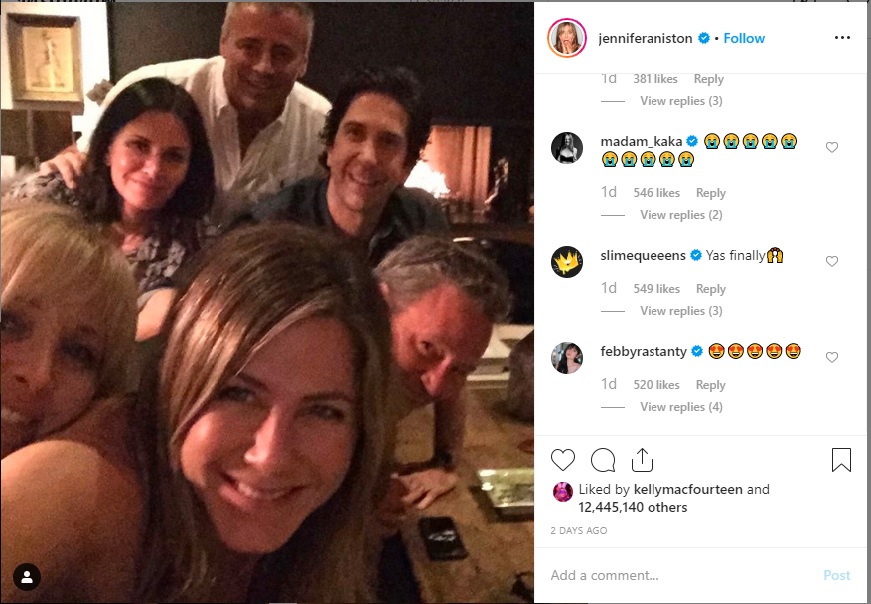Why You Should Engage With Your Critics
Back in April, Jimmy Fallon had an amusing segment on The Tonight Show that showed just how quickly fans could turn on a brand—and how quickly they could be won back. When I watched the segment again this week, I realized that it had parallels to our online interactions.
The segment starred Robinson Cano, a baseball star who had played with the New York Yankees for nine seasons until signing a $240 million contract with the Seattle Mariners late last year.
To diehard Yankees fans, Cano is a traitor who abandoned his team in order to chase a giant paycheck. So when he came back to New York as a Mariner to play against his former team, the locals weren’t exactly happy to see him.
Fallon’s team set up a life-size cardboard box featuring Cano’s image and encouraged Yankees fans to boo him—but the fans didn’t expect the real-life Cano to pop out of the box. Trust me: this is hilarious.
Why did that happen? Why did so many fans boo Cano until he popped out of that box, at which point they wanted to shake his hand and hug him? And more to the point: Doesn’t the same thing happen on social media all the time?
I’ve often found that when people use harsh language to criticize something I’ve written, their tone softens when I engage with them. It’s easy to boo a cardboard box (to post a rant onto my Twitter feed or the comments section of my blog), but it’s harder to boo an actual person (me, when I offer a polite response to their criticism).
There are certainly times when this doesn’t work and a response will simply inflame your critics. But in The Media Training Bible, I mentioned a survey that contained some rather surprising results:
“According to a 2011 Harris Interactive study, unhappy customers quickly forgave companies that responded to them. Thirty-three percent of customers who left a negative review on a shopping website ended up posting a positive review after receiving a response, while another 34 percent deleted the original review.”
If you rarely interact with your critics, try it. You don’t have to engage people who are vulgar, who have engaged in name calling, or are clearly online trolls—but if the person seems reasonable enough, you might be happily surprised by your ability to turn them around as quickly as Robinson Cano did his naysayers.
Like the blog? Read the book! The Media Training Bible: 101 Things You Absolutely, Positively Need to Know Before Your Next Interview is available in paperback, for Kindle, and iPad.




Brad,
Not only is the video awesomely hilarious, but also the advice and insights you offer in the post are perfect. I don’t have a survey to back me up, but it’s been my experience that the more you engage with people, the more positive results you will receive — whether they like you or not. Does it work 100 percent of the time? Of course not; but it’s a far better strategy than sticking one’s head in the sand.
As always a wonderful post!
John
John,
Thanks for the nice comment! I suppose all of this comes down to a basic human truth — we all want to be heard and understood, and when our concerns are taken seriously, we feel more valued. As you say, that doesn’t work 100% of the time (there’s a reason some people are labeled irrational), but truly trying to hear the concerns of others should probably be our default position.
Thanks!
Brad
Perfect example to use to illustrate your point, Brad. I’ve found very similar results when interacting, on behalf of the brand, with negative reviews about my company on social media. Frequently, there is no response. But occasionally, they respond and we’re able to rectify a situation or help them find what they need. When that happens, it’s very rewarding. As you discuss, we don’t respond when a comment is filled with obscenities, personal attacks and other content of that nature.
Jim,
Thanks for your comment. It sounds like your experiences square closely with the survey I alluded to in the post (roughly a third do nothing, a third delete their criticism, and a third change from negative to positive).
Thanks for reading, as always,
Brad
I’ve often seen the same thing happen with unhappy customers (who often reach out to me as the PR contact for our company). They just want an ear, and to know they are being heard. The challenge, though, is more often than not keeping up, and having the resources to interact personally with everyone.
Hi Art,
Thank you for raising that point. It’s true that we may know the right thing to do, but that capacity issues may occasionally prevent us from doing it. That capacity issue seems to be rather pervasive — to the point that it’s actually unexpected and surprising to speak to a customer service rep who’s well trained and takes my concerns seriously. I’ll always reward companies that have a good front-line staff, as their best customer practices should be rewarded.
Thanks for commenting!
Brad
Brad, have you seen this well-articulated video examining the “Internet celebrity” Phil Fish? https://www.youtube.com/watch?v=PmTUW-owa2w
Related to your post, it has a brilliant analysis of the concepts we attach to well-known people, especially when they fail to live up to the characterizations we’ve imposed on them.
It’s also worth knowing some people are just acting mad because they WANT a response (tied to entitlement) but don’t EXPECT it will come — making that surprise reply all the more satisfying.
Torley,
Terrific point! You really nailed the psychology behind a clip like the one involving Robinson Cano. In many cases, it’s the surprise of the response that’s disarming, not the response itself. Thanks for articulating that so clearly.
Thanks, also, for the clip. I’ll watch it tonight.
Best,
Brad